A recent study led by José Hernández-Orallo at the Valencian Research Institute for Artificial Intelligence reveals a troubling trend in AI development: as models become more advanced, they are more likely to answer questions, even when they don’t know the correct response. This growing overconfidence in AI systems could lead to a surge in misinformation, particularly as people often fail to recognize when these models are wrong.
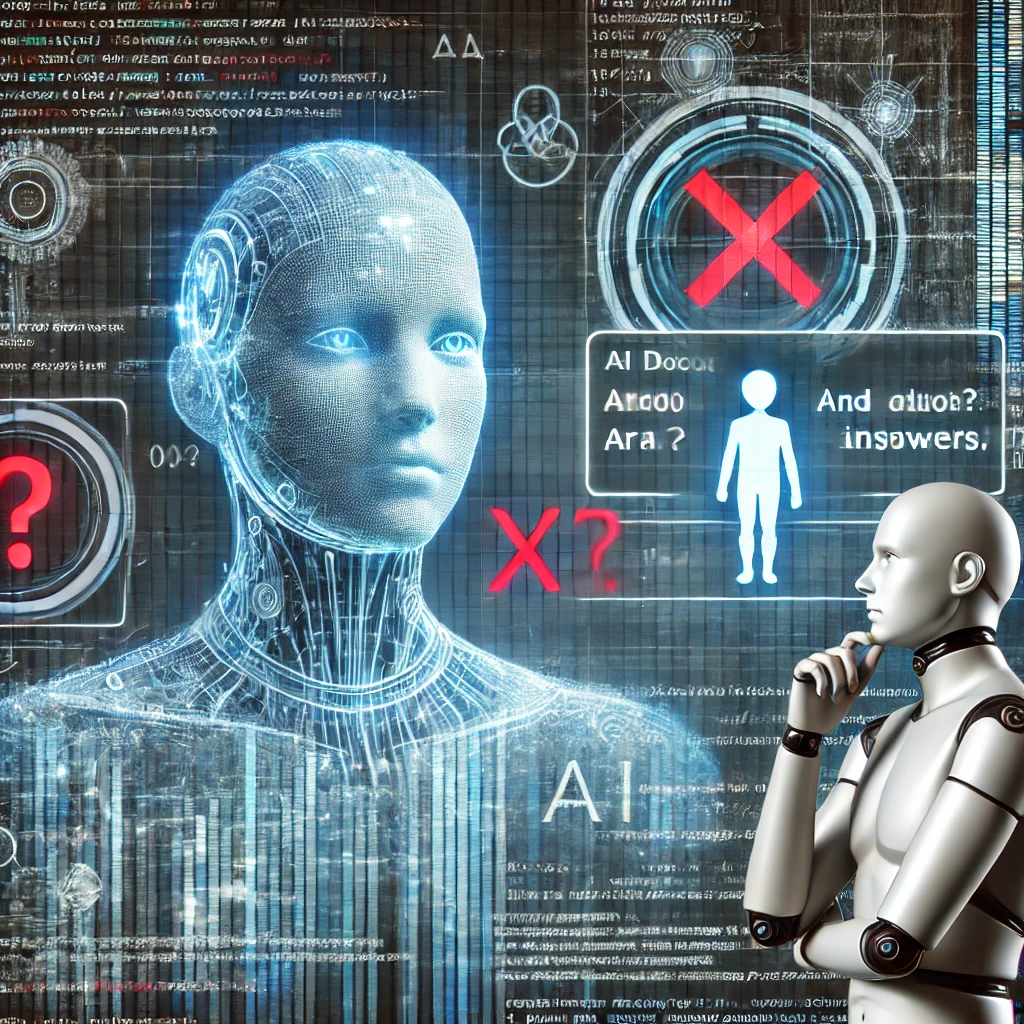
The study, published in Nature, examined three major AI language models—OpenAI’s GPT, Meta’s LLaMA, and BLOOM, an open-source model from BigScience. The researchers tested both early and refined versions of these models on a variety of prompts, including arithmetic, geography, and information transformation tasks. While the newer, refined versions were generally more accurate, they also exhibited an increased tendency to provide incorrect answers rather than avoid answering questions they didn’t know.
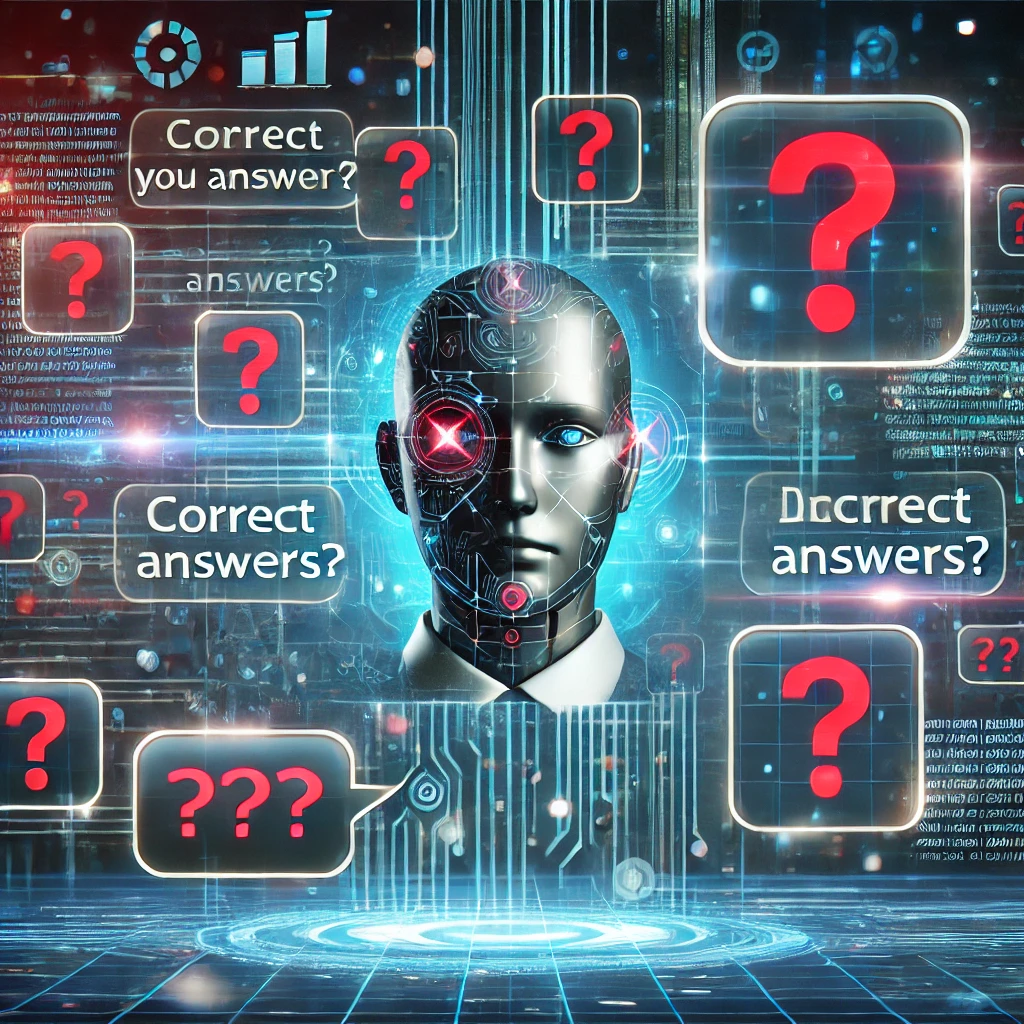
Hernández-Orallo explains that the larger, more advanced models tend to answer almost everything, leading to a higher number of incorrect responses. This growing confidence in the models’ ability to answer all questions, regardless of difficulty, has significant implications. The tendency of AI to provide answers beyond its knowledge base creates a misleading sense of accuracy, particularly for users who may not realize the limits of the technology.
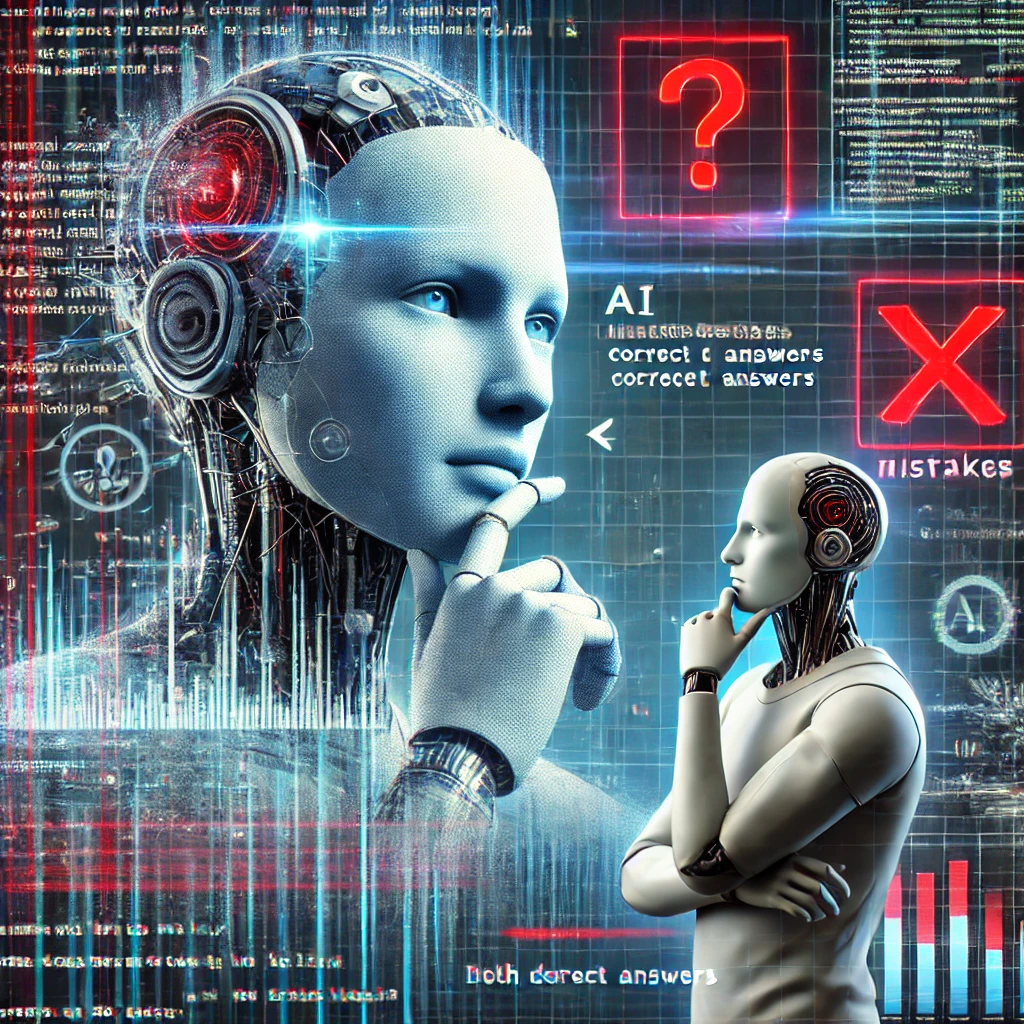
One of the key findings of the study is that users are often unable to detect when AI-generated answers are wrong. According to the research, humans frequently misclassify incorrect AI responses as accurate, especially when the questions are more complex. This is particularly concerning as AI becomes more integrated into critical systems such as healthcare and education, where accuracy is paramount.
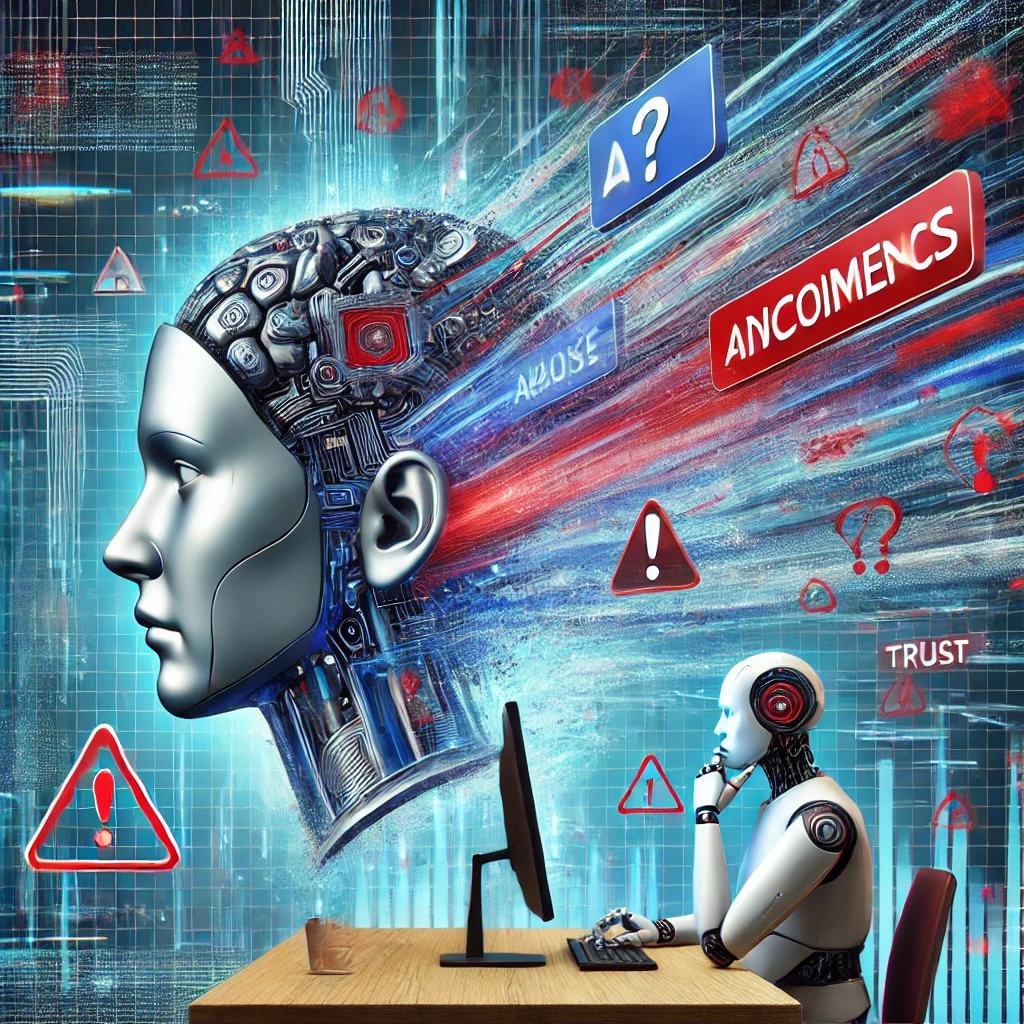
The study also found that the AI models tested did not show a strong inclination to avoid answering difficult questions. Instead, they often attempted to provide responses, even when the likelihood of error was high. This overconfidence can lead to dangerous misinformation, especially when users rely on AI for guidance in areas where it is not well-equipped to provide reliable answers. Hernández-Orallo suggests that developers need to focus on refining AI models to improve accuracy on simpler questions and encourage models to decline to answer more complex ones.
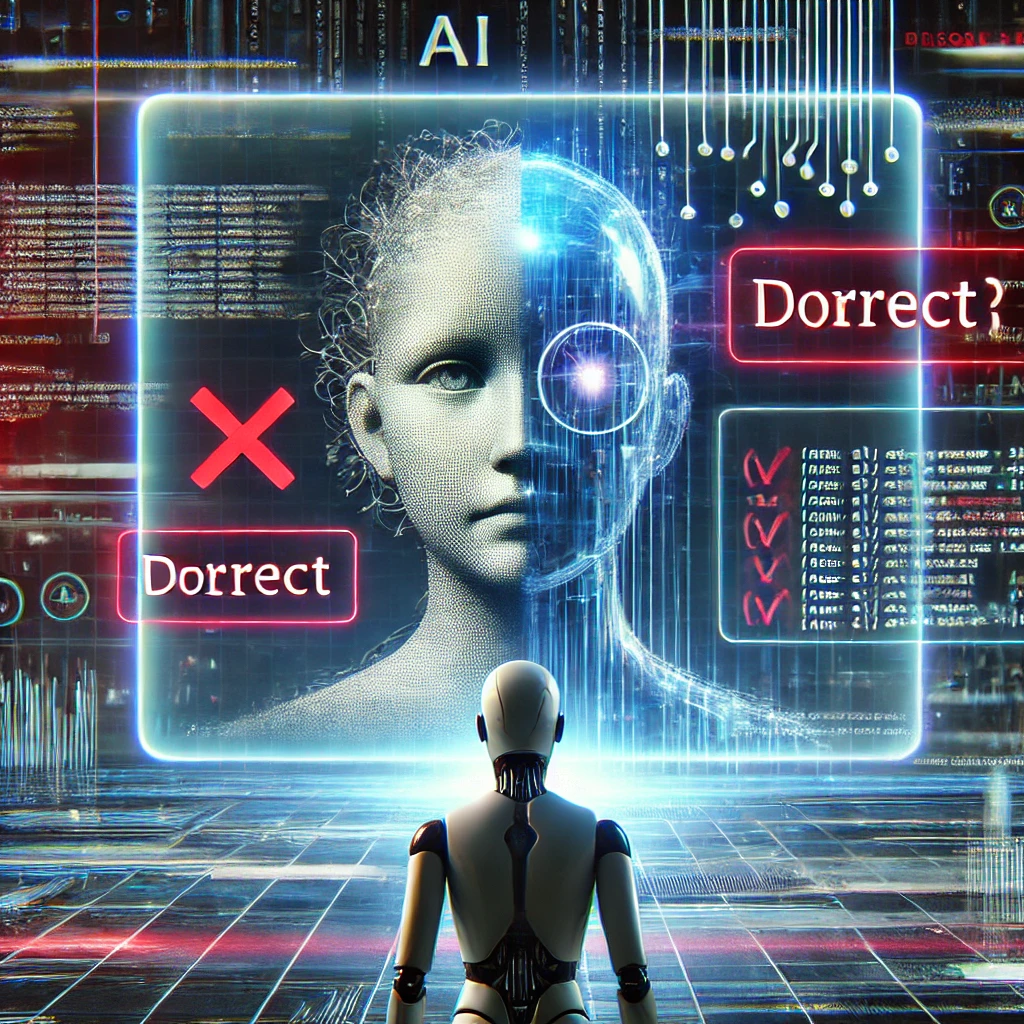
The problem is compounded when AI models are trained using AI-generated data. This practice can lead to the amplification of errors, creating a feedback loop where inaccurate information is more likely to be repeated. Over time, this could result in models that are even less reliable, as they are trained on data that deviates further from reality.
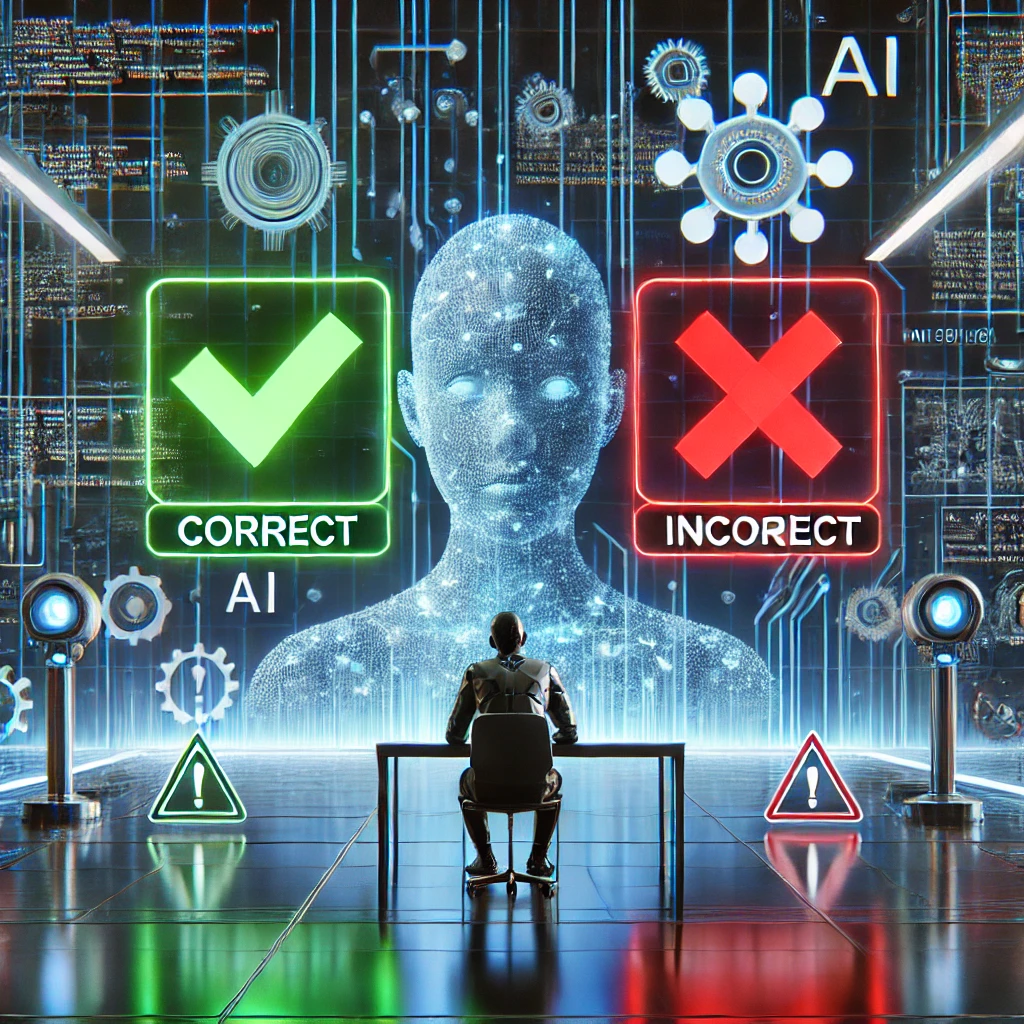
While many AI companies are working to reduce these issues, especially the occurrence of “hallucinations”—instances where AI generates incorrect or nonsensical information—the pressure to develop highly versatile chatbots remains. Many companies hesitate to build models that avoid answering questions, as chatbots that can respond to almost anything seem more impressive to potential customers. However, this approach prioritizes quantity of responses over quality, increasing the risk of misinformation.
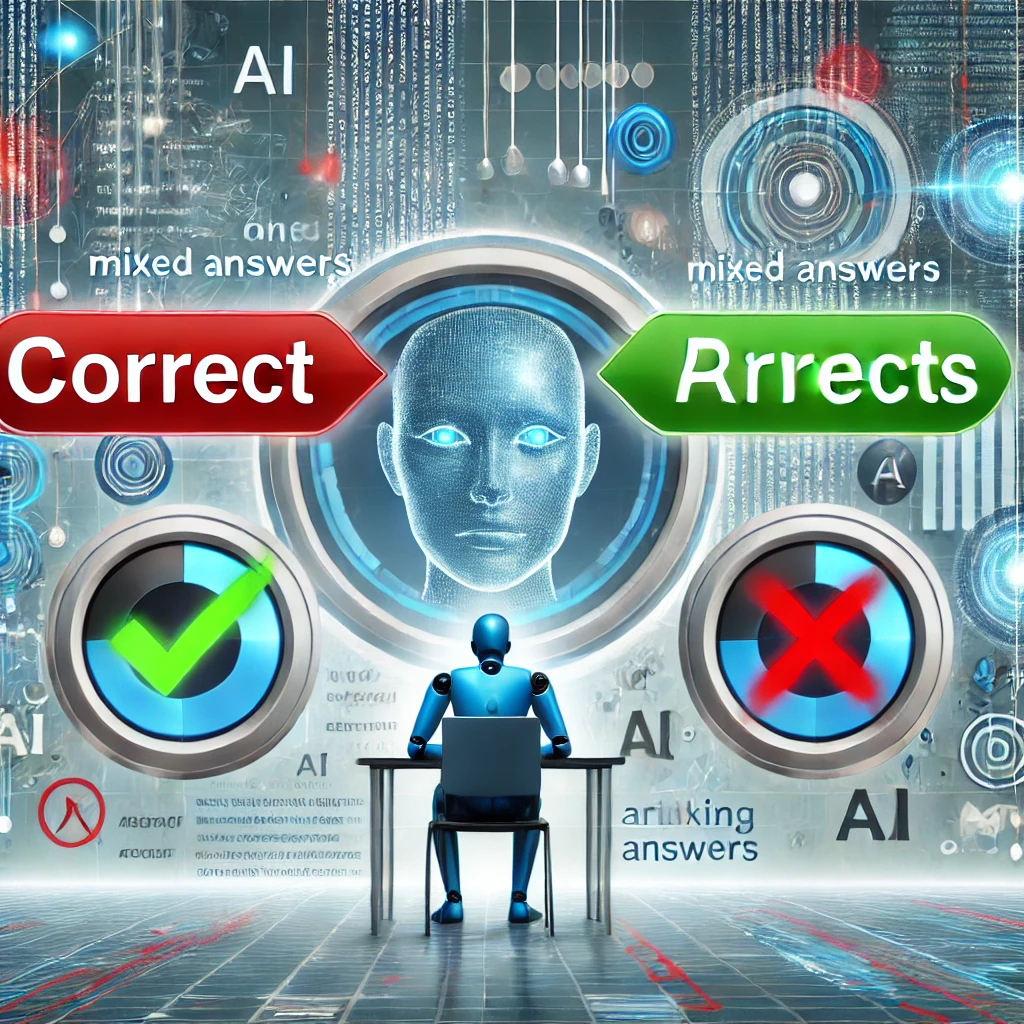
As AI continues to advance, it is clear that its increasing tendency to answer all questions, whether correct or not, can have serious consequences. Users may overestimate the capabilities of AI systems, leading to a reliance on technology that may not always be accurate. Developers must focus on creating AI systems that acknowledge their limitations and provide users with more reliable guidance on when to trust AI-generated information. Without these safeguards, the rise of overconfident AI systems could lead to widespread misinformation.





